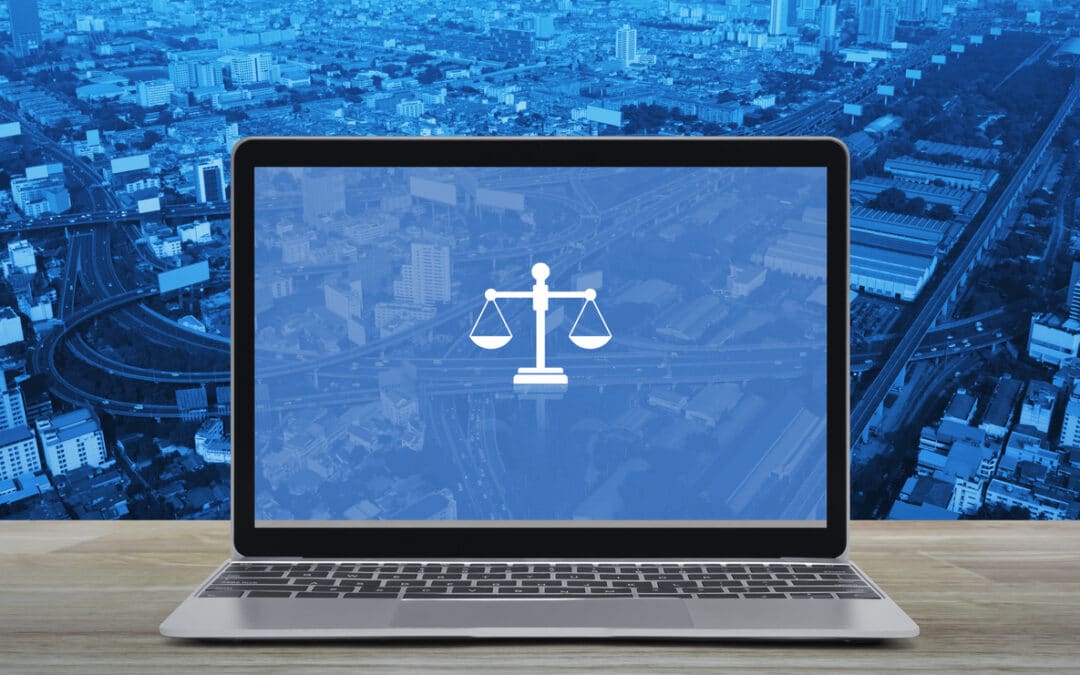In July, we wrote about a ransomware attack suffered by the cloud computing provider Blackbaud that led to the potential exposure of personal information entrusted to Blackbaud by hundreds of non-profits, health care organizations, and educational institutions. At the time the ransomware attack was announced, security experts questioned Blackbaud’s response to the breach. Now, the Blackbaud ransomware attack isn’t just raising eyebrows, with the company facing a class action lawsuit for their handling of the attack.
Blackbaud was initially attacked on February 7th of this year. However, according to the company, they did not discover the issue until mid-May. While the time it took the company to detect the intrusion was long, it is increasingly common for threats to go undetected for long periods of time. What really gave security experts pause is how Blackbaud responded to the incident after detecting it.
The company was able to block the hacker’s access to their networks, but attempts to regain control continued until June 3rd. The problem, however, was that the hackers had already stolen data sets from Blackbaud and demanded a bitcoin payment before destroying the information. Blackbaud remained in communication with the the attackers until at least June 18th, when the company payed the ransom. Of course, many experts questioned Blackbaud’s decision to pay given that there is no way to guarantee the attackers kept their word. And, to make matters worse, the company did not public announce the incident to the hundreds of non-profits that use their service until July 16th — nearly two months after initially discovering the incident.
Each aspect of Blackbaud’s response to the ransomware attack is now a part of a class action lawsuit filed against the company by a U.S. resident on August 12th. The main argument of the lawsuit claims that Blackbaud did not have sufficient safeguards in place to protect the private information that the company “managed, maintained, and secured,” and that Blackbaud should cover the costs of credit and identity theft monitoring for those affected. The lawsuit also alleges that Blackbaud failed to provide “timely and adequate notice” of the incident. Finally, regarding Blackbaud’s payment of the ransomware demand, the lawsuit argues that the company “cannot reasonably rely on the word of data thieves or ‘certificate of destruction’ issued by those same thieves, that the copied subset of any Private Information was destroyed.”
Despite the agreement among privacy experts that Blackbaud’s response to the attack was anything but perfect, lawsuits pertaining to data breaches have historically had a low success rate in the U.S.. According to an attorney involved in the case, showing harm requires proving a financial loss rather than relying on the more abstract harm caused by a breach of privacy: “The fact that we don’t assign a dollar value to privacy [means] we don’t value privacy.”
Whatever the result of the lawsuit, questions still persist on whether Blackbaud’s response violates the E.U.’s General Data Protection Regulation. The GDPR requires organizations to submit notification of a breach within 72 of discovery. Because many of Blackbaud’s clients are UK-based and the company took months to notify those affected, it is possible Blackbaud could recevie hefty fines for their response to the attack. A spokesperson for the UK’s Information Commissioner’s Office told the BBC that the office is making enquiries into the incident.
As for the non-profits, healthcare organizations, and educational institutes that were affected by the breach? They have had to scramble to submit notifications to their donors and stakeholders that their data may have been compromised. Non-profits in particular rely on their reputations to keep donations coming in. While these organizations were not directly responsible for the breach, this incident highlights the need to carefully review third-party vendors’ security policy and to create a written security agreement with all vendors before using those services.
